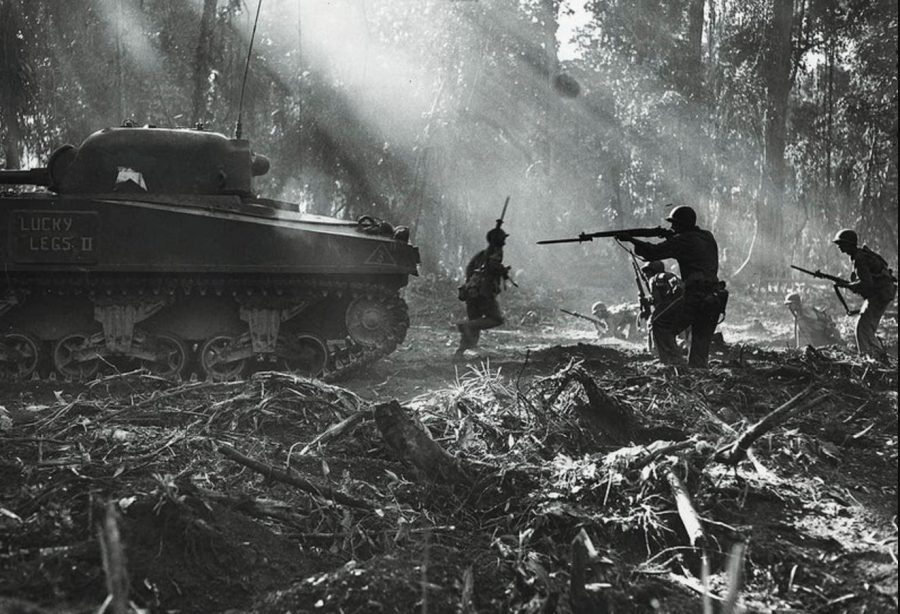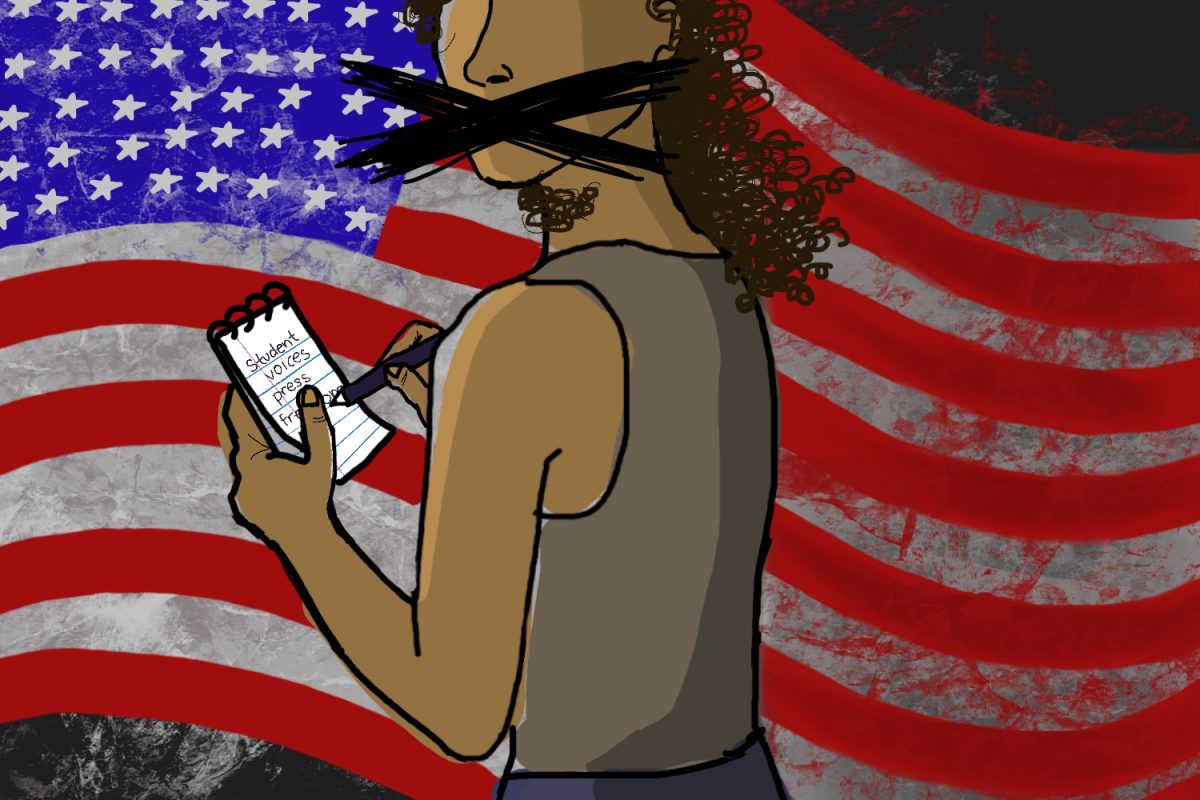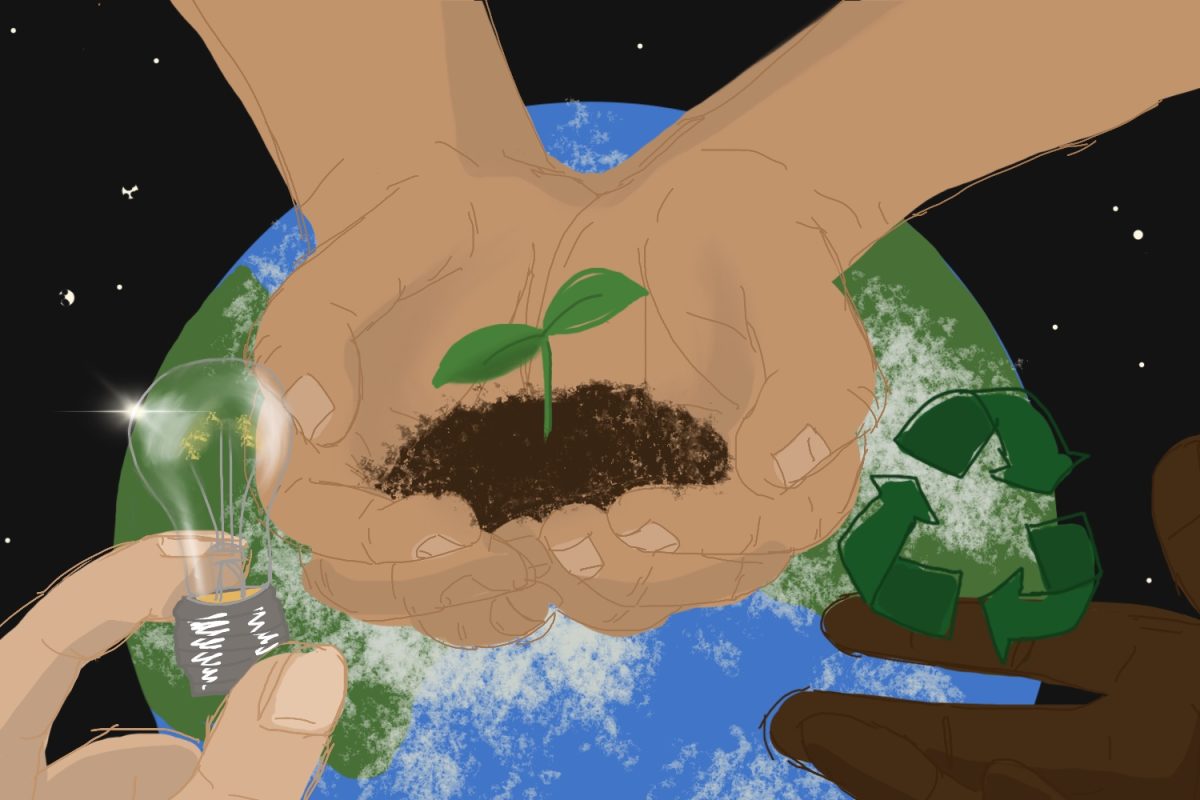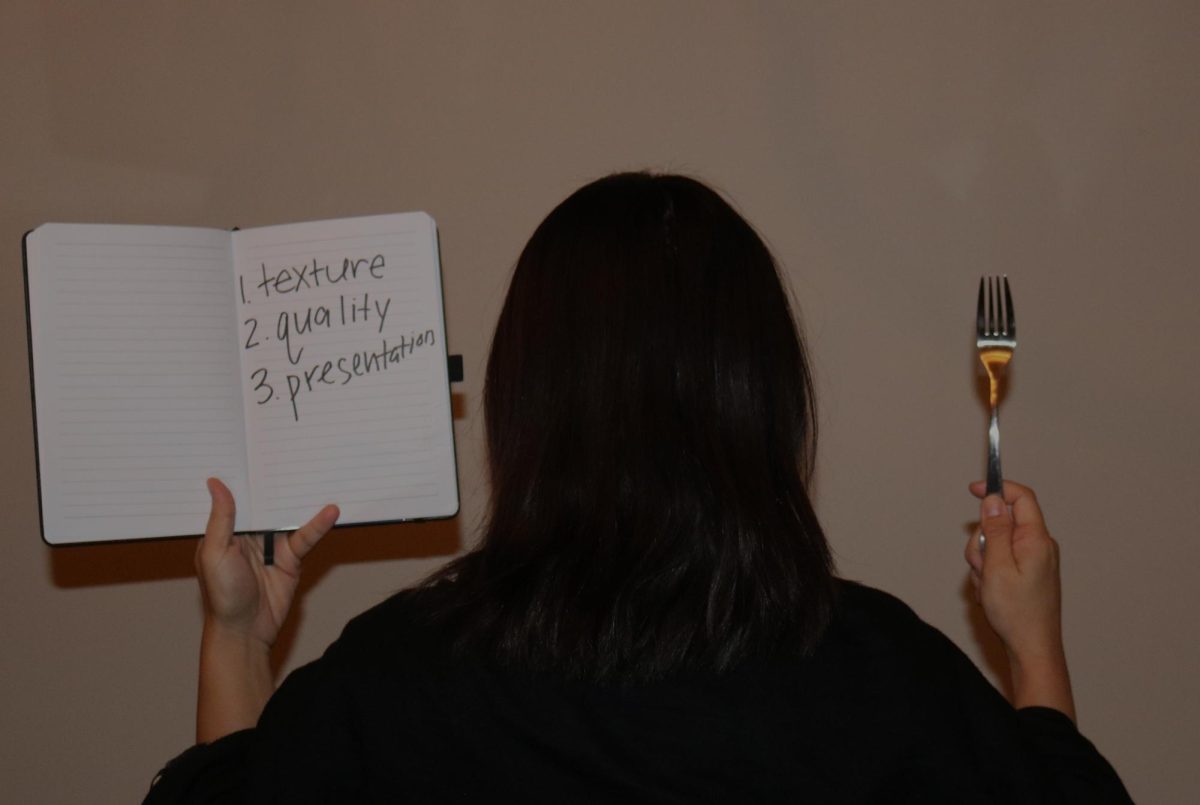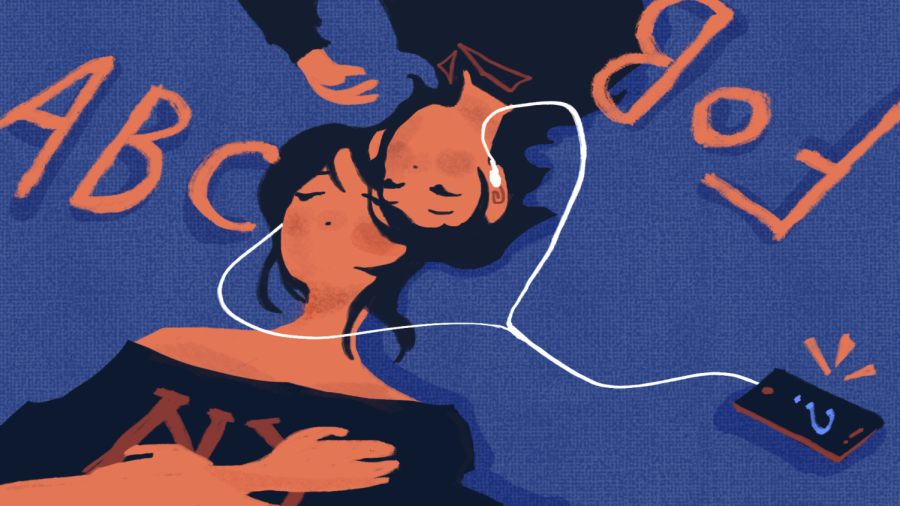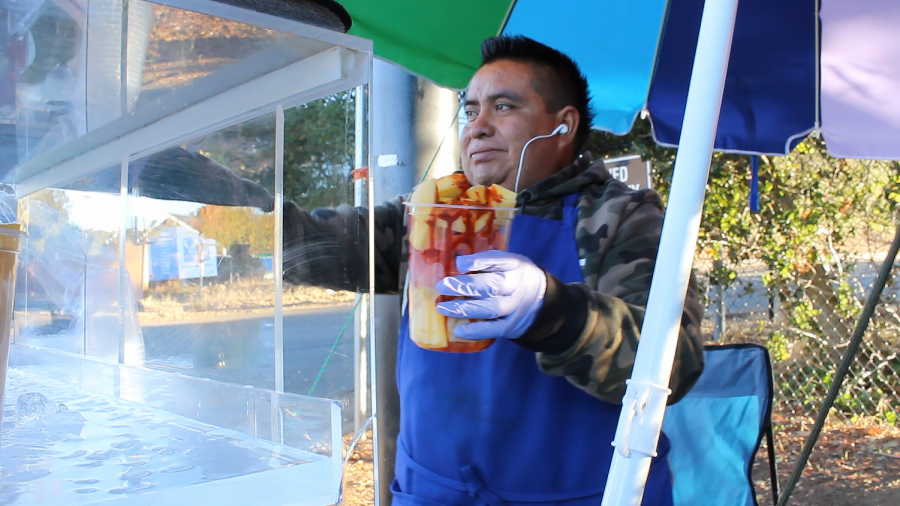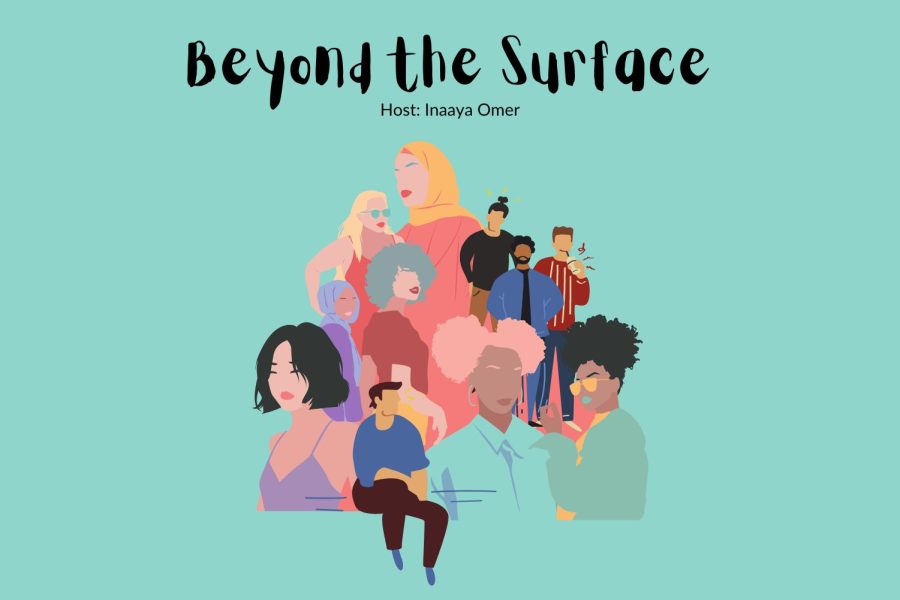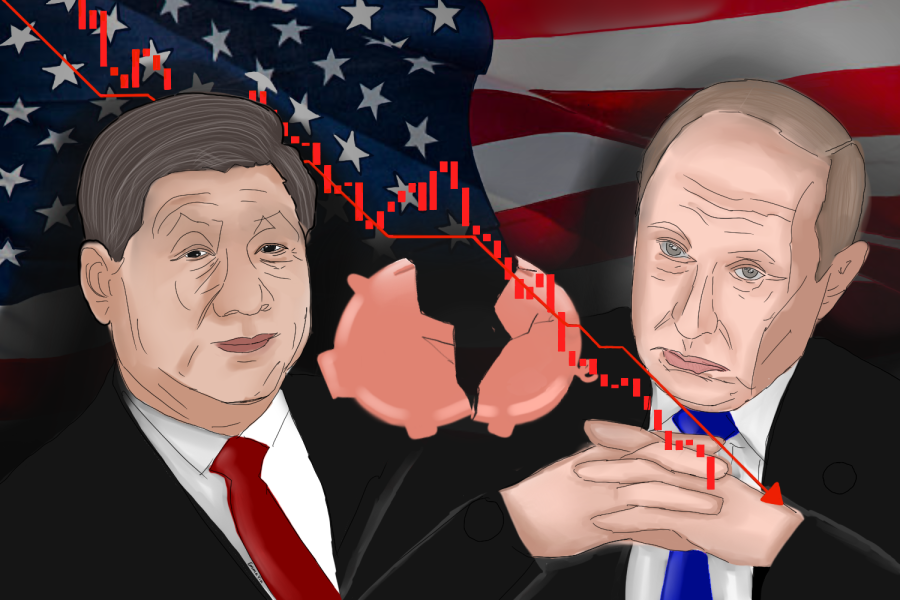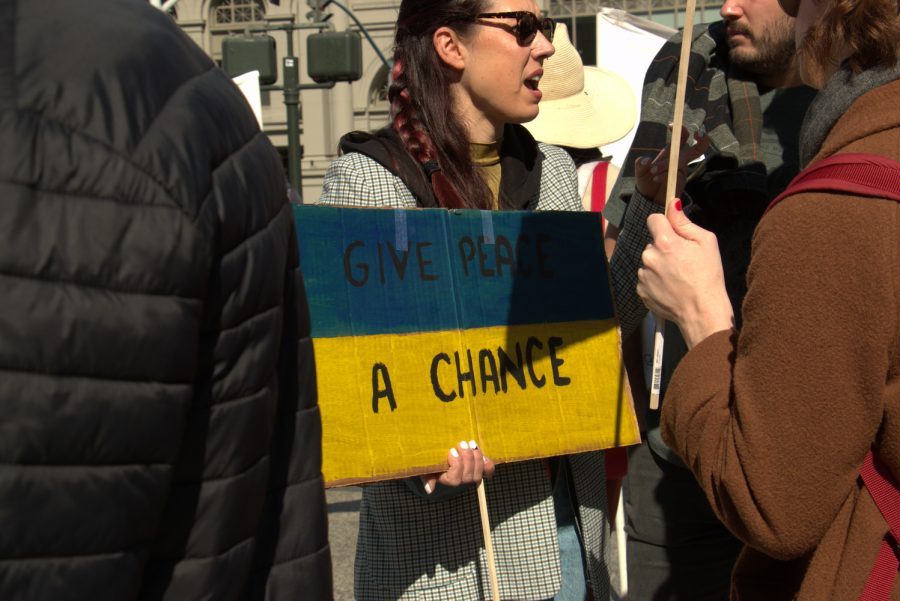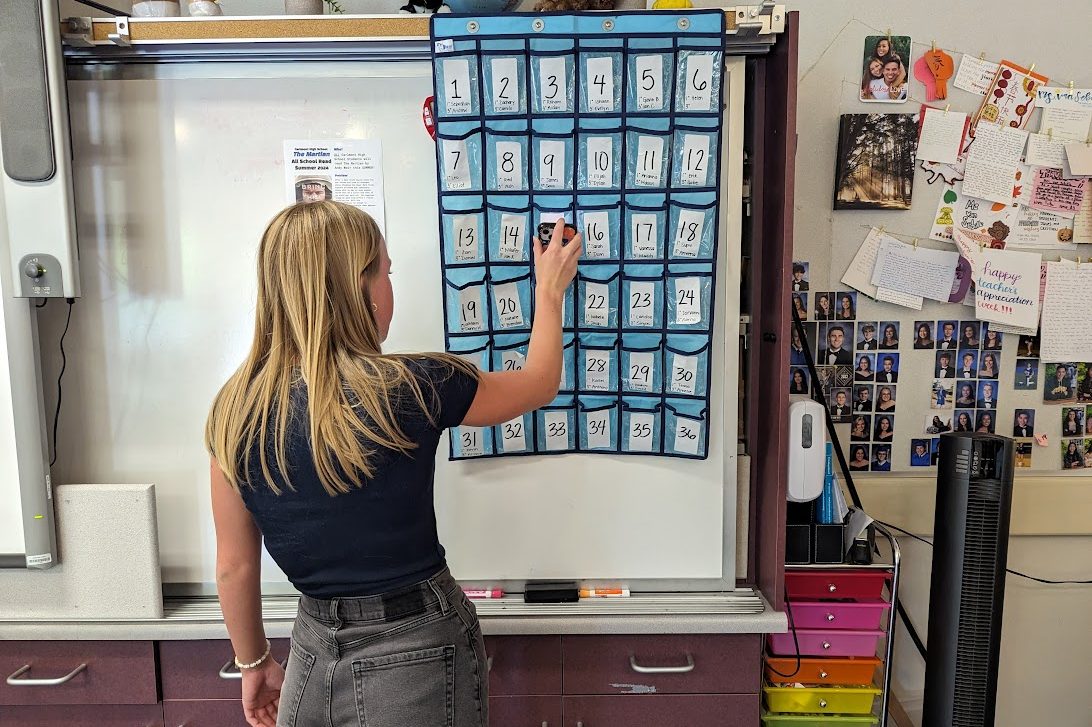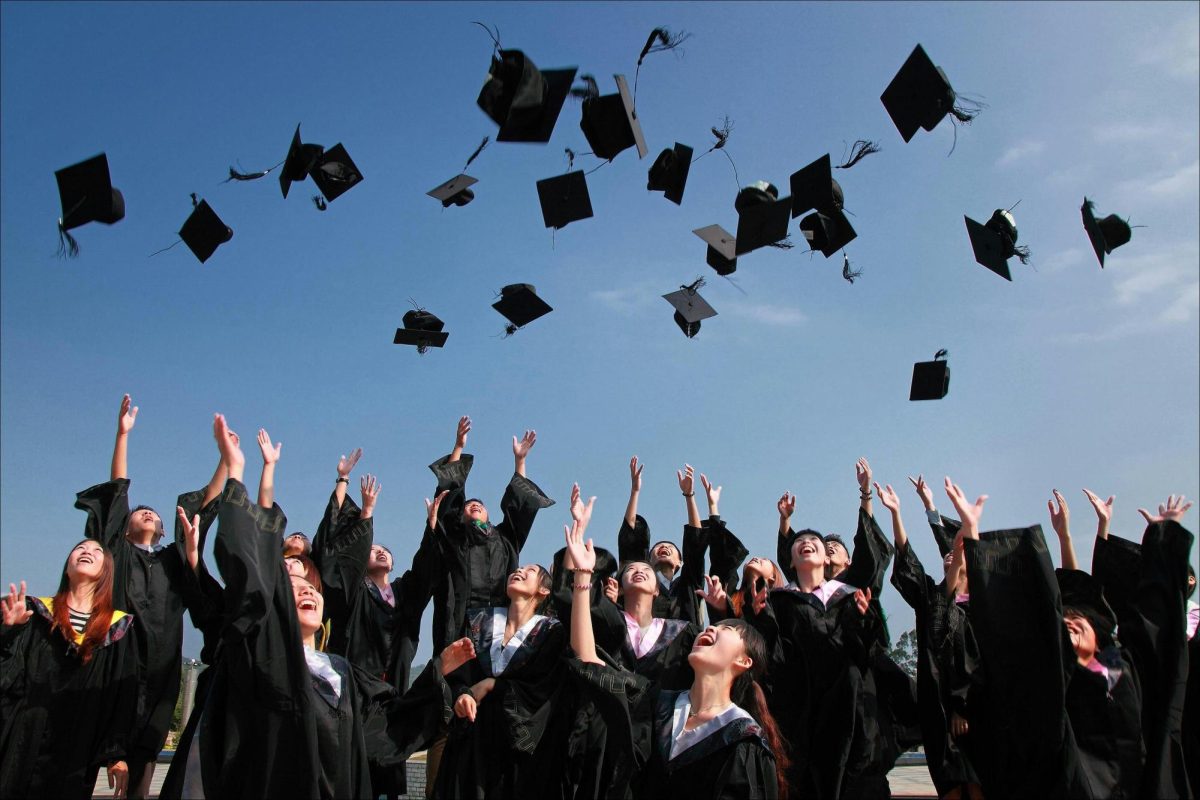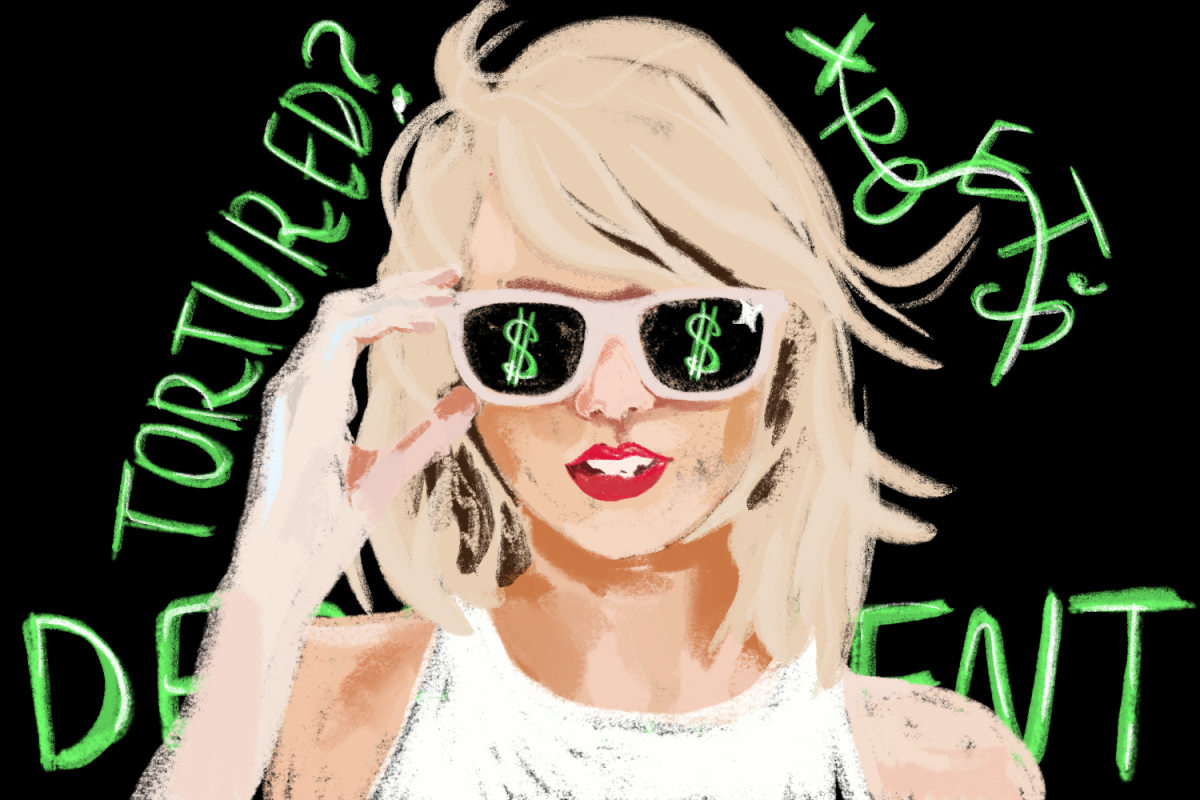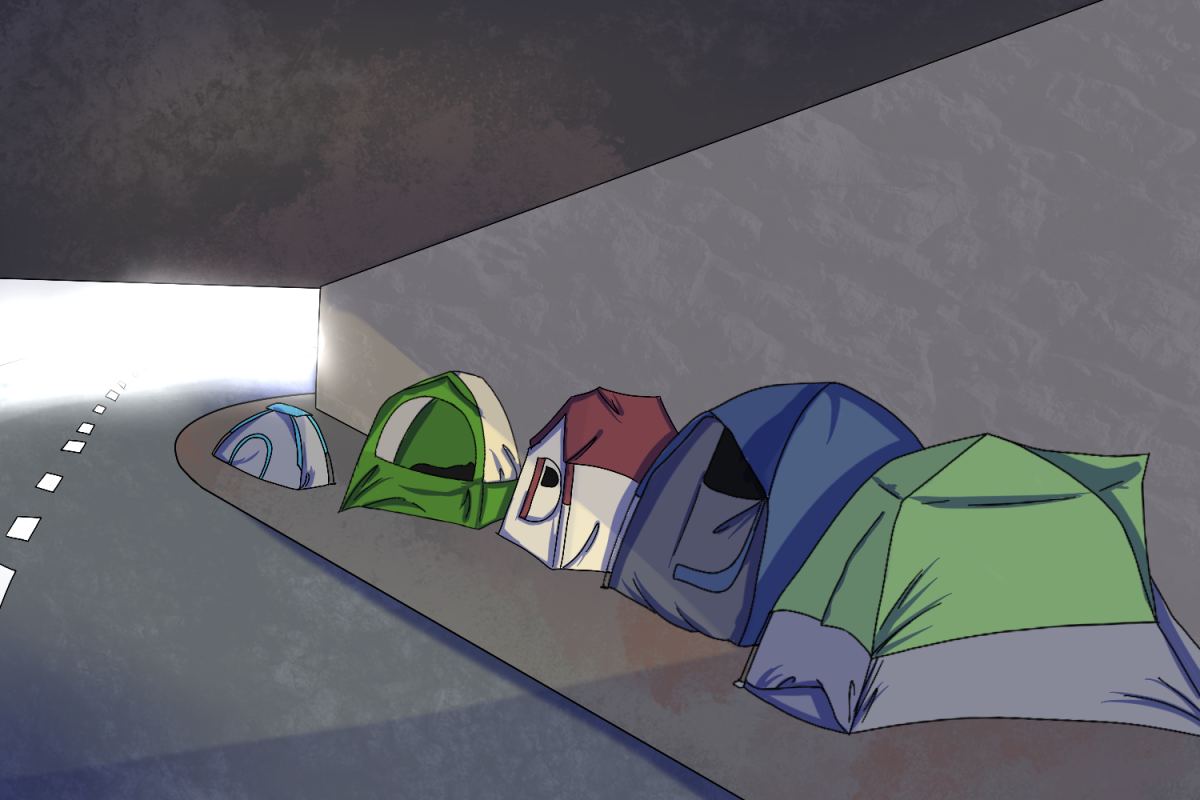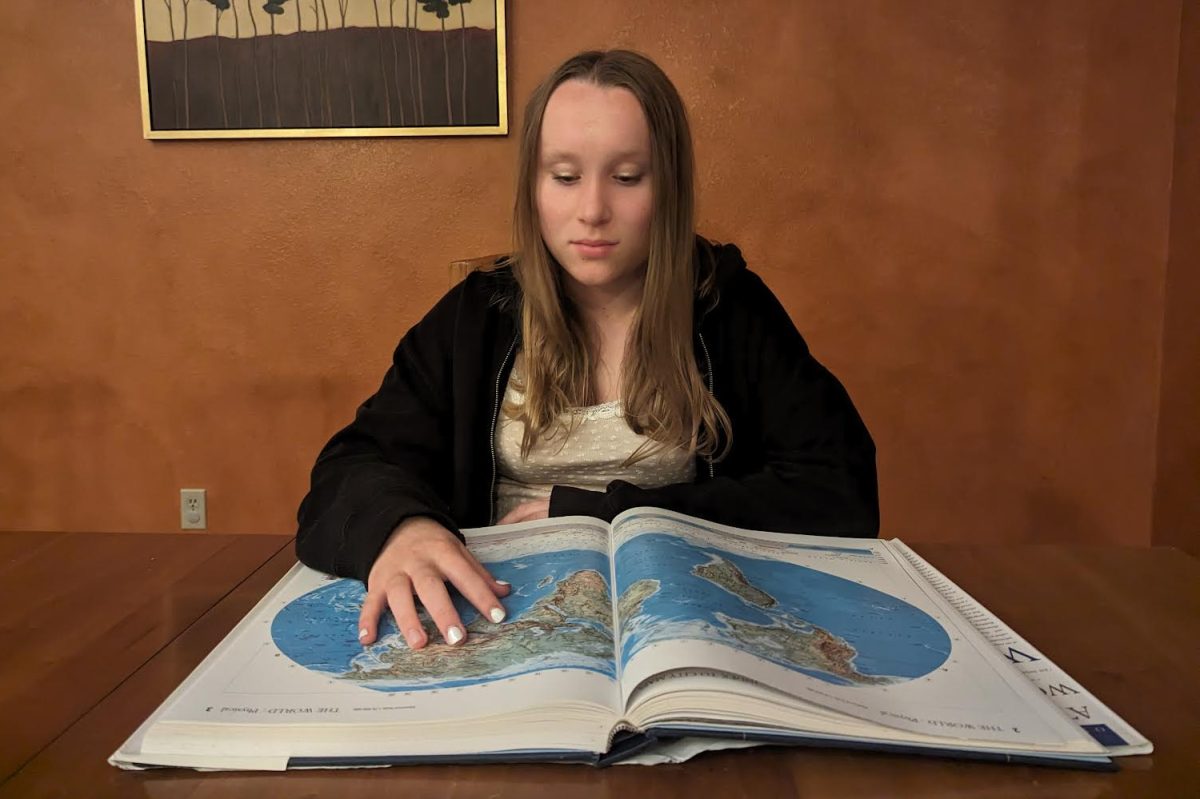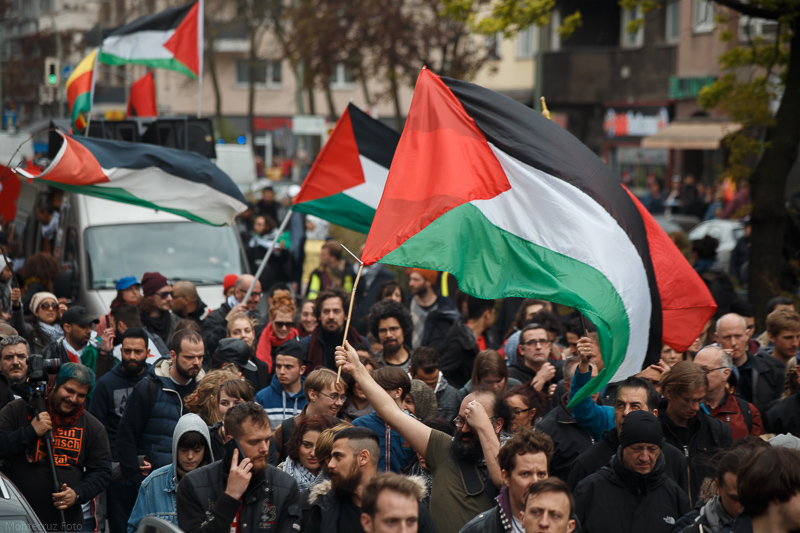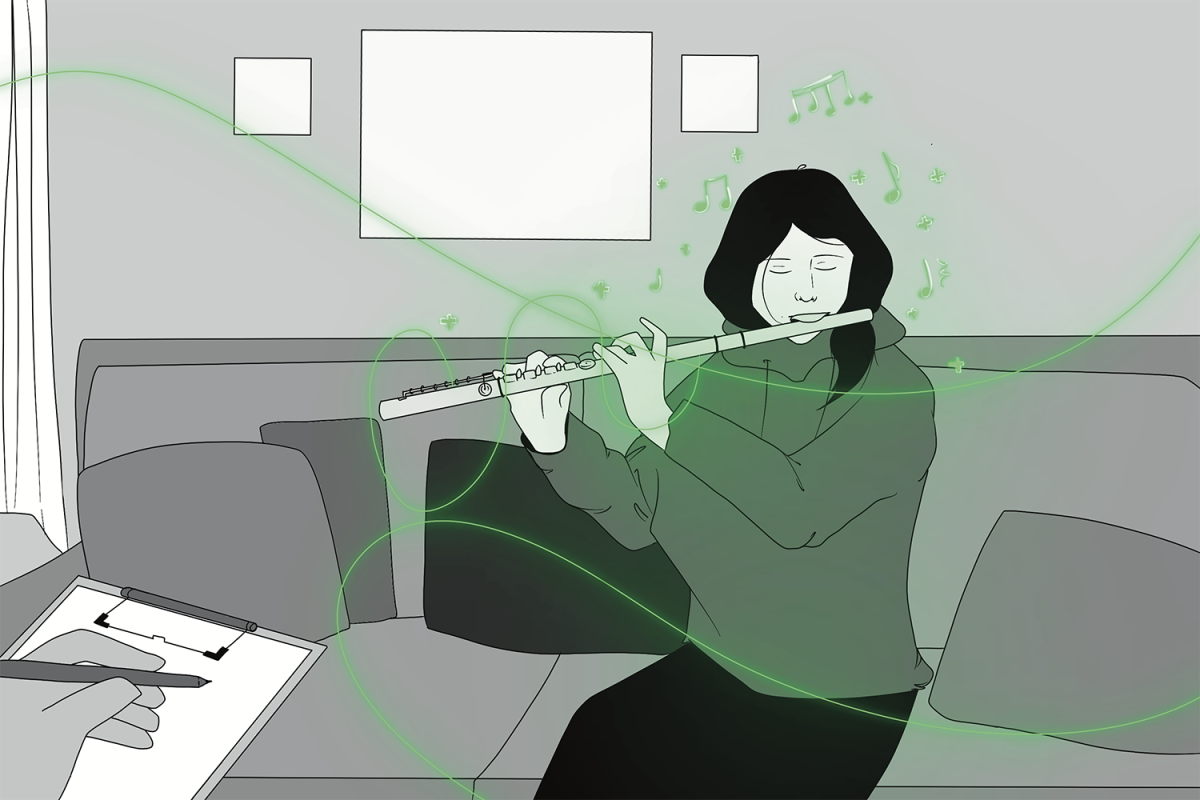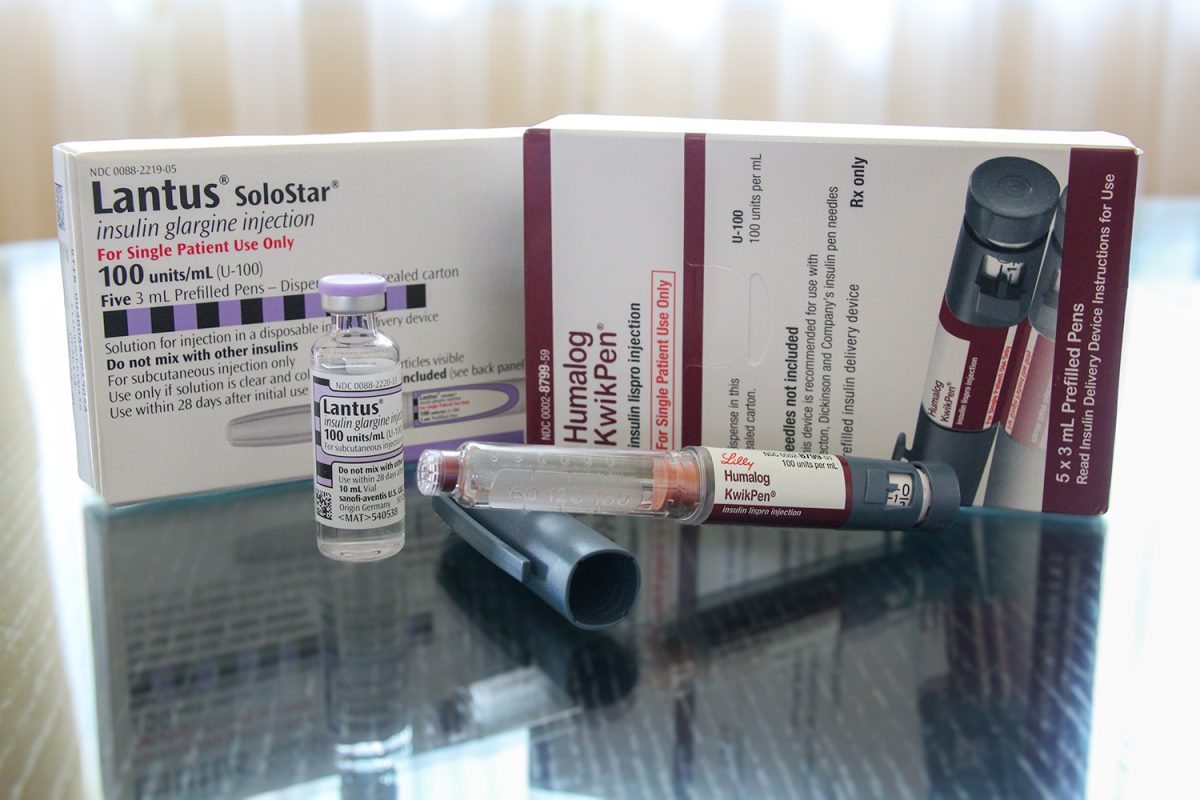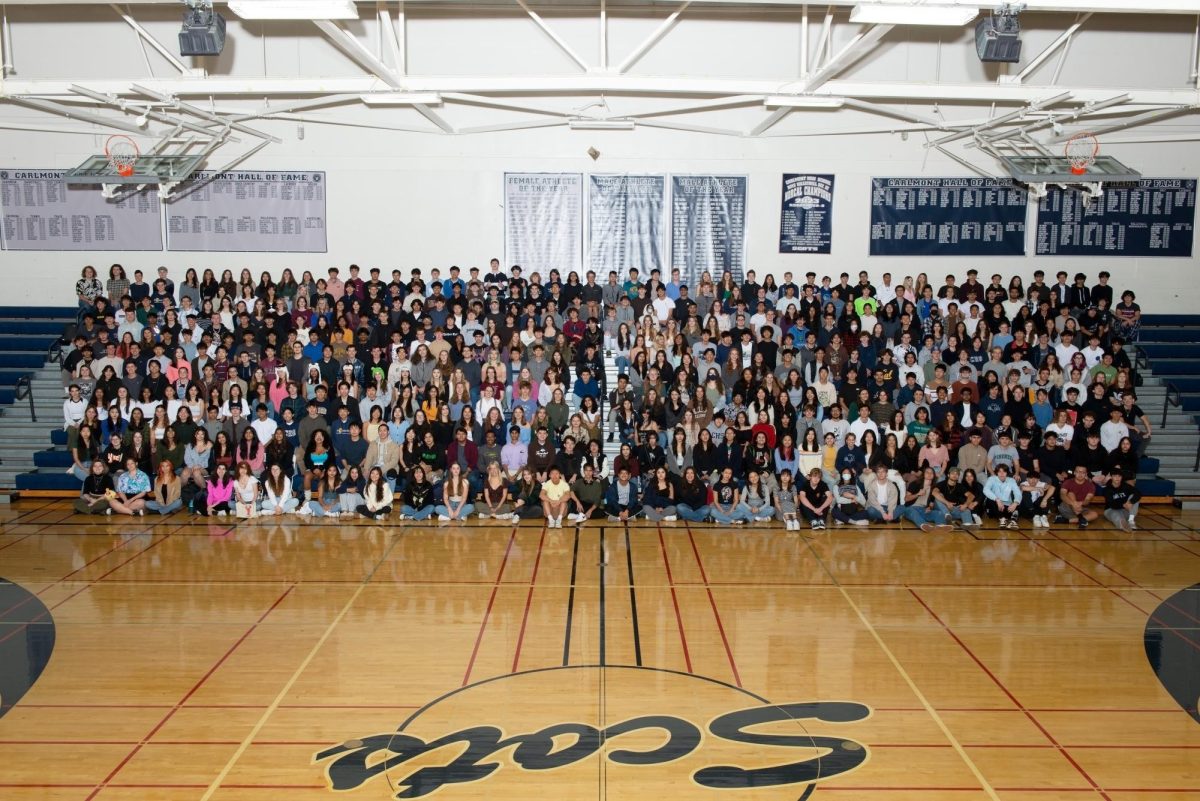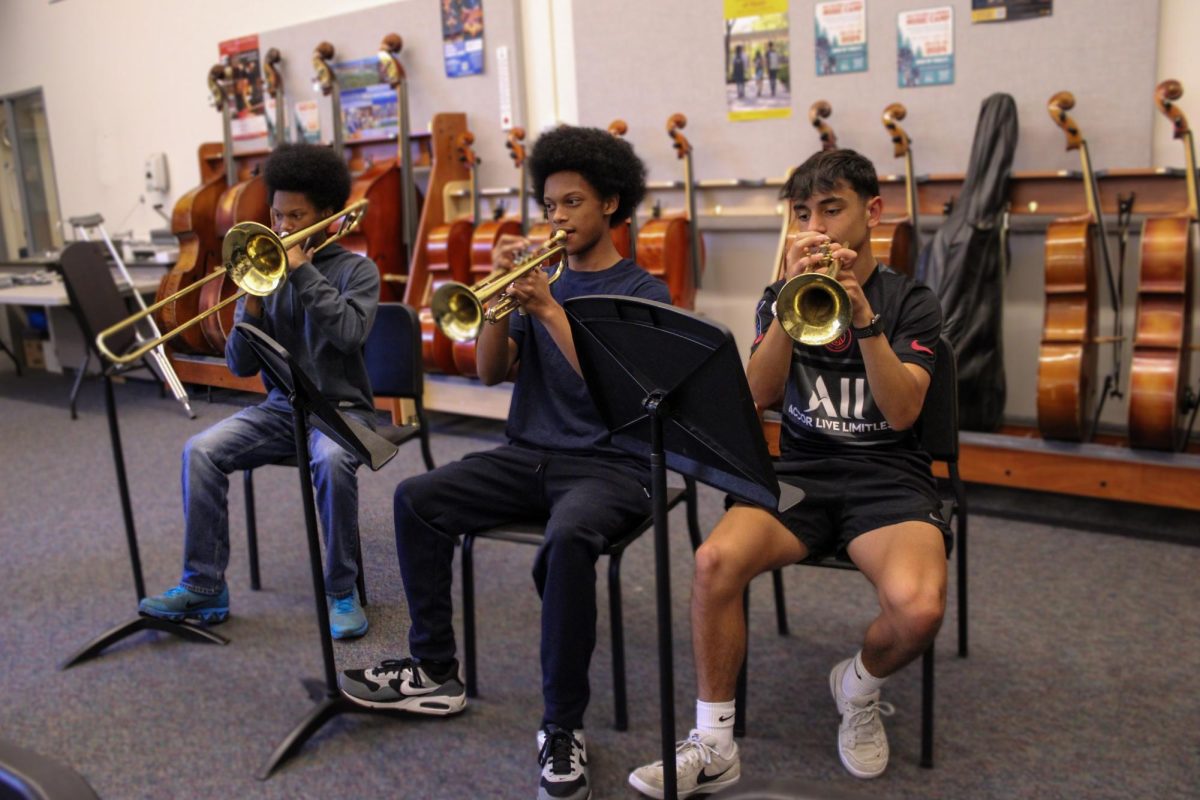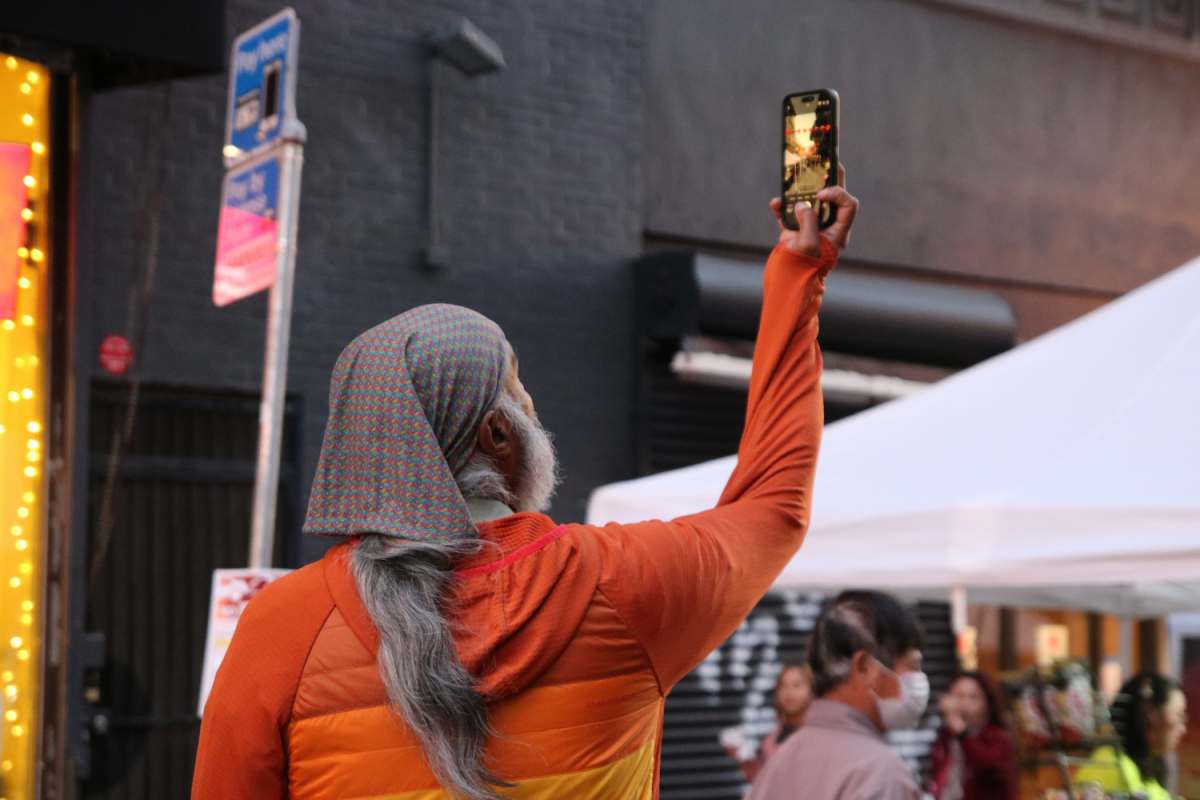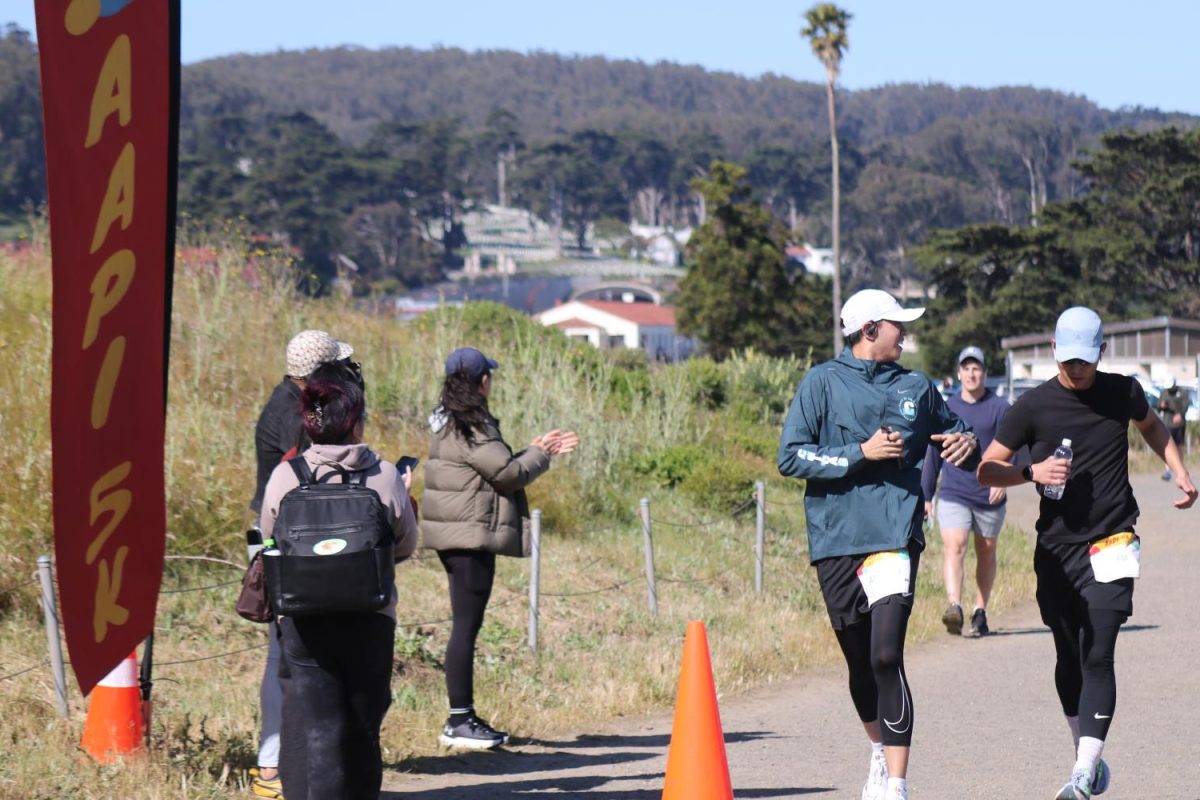Vladimir Putin, the president of Russia, is keeping the world on its toes as he repeatedly attacks Russia’s neighboring country, Ukraine. For many, this aggression means the possibility of another world war. For the U.S., however, this means the definite end of American hegemonic status.
As of March 2, 2022, Putin has declared the Ukrainian Donbas region independent, Russia has launched multiple attacks in Ukraine’s capital city, Kyiv, and has annexed one of Ukraine’s major cities, Kherson.
U.S.’ inability to handle the Afghanistan crisis had guaranteed the end of America’s reign as a global superpower. With their defeat in the Middle East, the U.S. had lost the confidence of its allies. For countries like China and Russia, it was a clear sign: the U.S. had become weak.
Uncertainty on two fronts
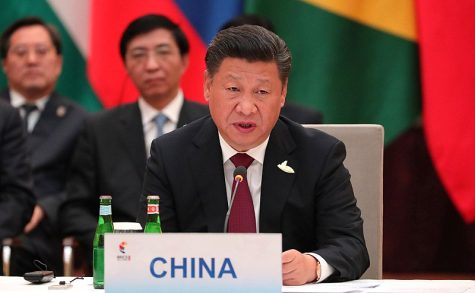
Having to compete with two simultaneous threats may prove difficult for the U.S.
China’s president, Xi Jinping, has already sent threatening messages to Taiwan by sending squadrons of jets to harass the island, according to Reuters.
For Xi, this may be the perfect opportunity to achieve a decades-long goal whilst knocking America out of competition. Because the U.S. is not well equipped to fight a war on two fronts against global powers, Taiwan will be an easy target for China.
Putin’s master plan
Despite the uncertainty surrounding the current crisis, analysts look towards history to map out Putin’s next move.
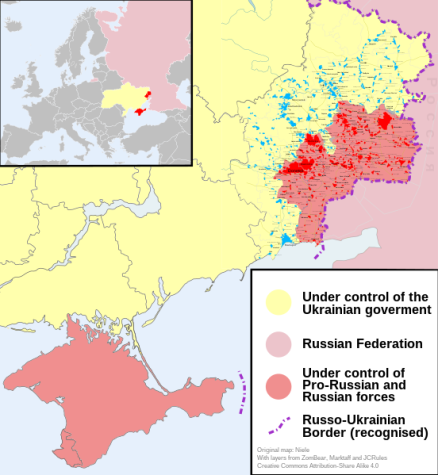
Russia and Ukraine have had a long history of conflicts dating back to the ninth century during the founding of the kingdom Kyivan Rus, led by the Great Prince Volodimir. Since then, the Russians and Ukrainians have shared a rich cultural history and heritage. Nevertheless, throughout history, Ukraine has always received the short end of the stick. From their independence being denied to being subjected to genocides and discrimination, the Ukrainians have always had a complicated relationship with their Soviet neighbor.
Before his presidency, Putin wrote an article detailing his sole motive as the leader of Russia. Unsurprisingly, the article was titled ‘On the Historical Unity of Russians and Ukrainians.’ In it, Putin expressed his ambitions to reunite the countries of the former Soviet Union.
A common theme throughout the article is Putin’s belief in the unity and oneness of Russia and Ukraine. The essay denies the existence of Ukraine as an independent nation and questions the legitimacy of Ukraine’s borders. According to Putin, Ukraine currently occupies historical Russian territory. He also expressed his wishes to aid the separatist-controlled region of Donbas.
It is clear that Putin wants to reunite Ukraine and Russia under one republic. While it may be difficult to directly control Ukraine under Russia, Putin is looking to station a puppet government that can be controlled by the Russians.
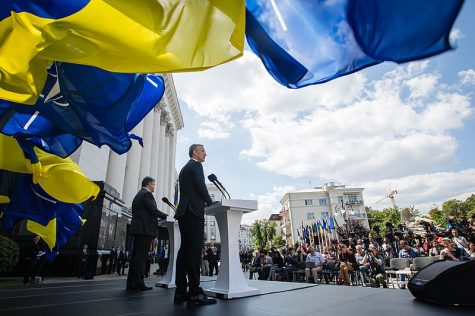
In addition to reuniting the Soviet Union, Putin has another vital motive: forbidding a democratic government.
For years, the Russian people have taken to the streets to demand a westernized, democratic government as opposed to a restrictive, communist one. As Ukraine’s government is starting to look eerily similar to America’s or Britain’s, Putin is afraid that more Russians will start to rise against him.
Putin has made false claims and utilized propaganda to brainwash his people into believing that an American model of governance would be impossible in Russia. If Ukraine suddenly transforms itself into a western nation, the people of Russia would be convinced that Russian democracy is possible.
In addition to preventing Ukraine from becoming a westernized democracy, Putin wants to ensure that Ukraine will keep N.A.T.O. at an arm’s length. Putin has already demanded America and other N.A.T.O. nations forbid former Soviet countries from joining the powerful alliance despite Ukraine’s desire to be a member of N.A.T.O.
Since the escalation of the conflict, citizens have been quick to separate nations into two categories: good or evil. The countries that comprise N.A.T.O. have undeniably taken the heroic role of the savior in the eyes of citizens around the world. As the U.S. and other western countries work quickly to provide arguably insufficient aid to Ukrainians, they have become the medics of this disastrous conflict.
Surprisingly, western countries, especially the U.S., may just be the reason this war escalated to the point of possibly causing a world war. In 1996, Ukraine signed the Budapest Memorandum, a treaty that disarmed the country and emptied it of its nuclear arsenal in exchange for being recognized as an independent nation. At the time of signing, both Russia and the U.S. played key roles in backing Ukraine’s decision.
The disarmament was clearly a flawed decision because it strengthened Russia and left Ukraine defenseless. The U.S., however, played the most important role in the signing of this treaty as it convinced Ukraine to enter this trade.
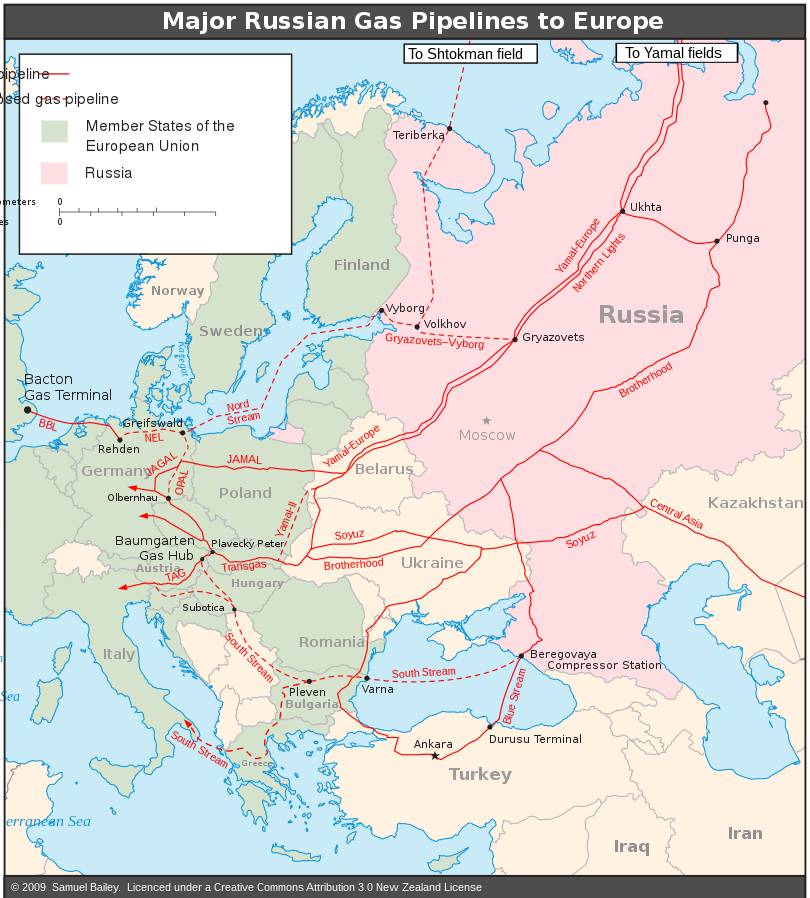
Fast-forwarding to 2021, U.S. President Joe Biden’s first year in office wasn’t a smooth ride, but his biggest failure was allowing the completion of the Nord Stream 2 Pipeline. Not only did Biden support the completion of the pipeline, but he also guaranteed the creation of it. Unknowingly, Biden had signed off on a treaty that would continue to fill the coffers of Russia’s government.
The Biden administration ignored the concerns of the European Parliament, which passed a resolution in January calling for an immediate halt on construction. Biden went directly against the wishes of the European Union as he essentially blessed completion of the pipeline in an agreement with Germany.
“The pipeline makes Western Europe more reliant on Russian gas. Ukraine, which used to be a major energy transit state, will become less secure as the pipeline replaces the capacity that used to run through its pipeline networks. It will free Russia to continue its coercive campaign and occupation of Ukrainian territory and to threaten other bordering states without their energy markets playing into the decisions,” said Senator Roy Blunt of Missouri, who also is the Chairman of the U.S. Senate Republican Policy Committee. “The Biden administration contributed to this crisis by waiving sanctions under the Countering America’s Adversaries through Sanctions Act and the Protecting Europe’s Energy Security Act.”
As a result of the completion of the pipeline, Ukraine’s position has been weakened, emboldening Putin to order troops to move into Ukraine in an invasion attempt.
The global response
The real heroes of this war are Russian and Ukrainian citizens putting their lives on the line every day to go against the Russian government and protest against this conflict.
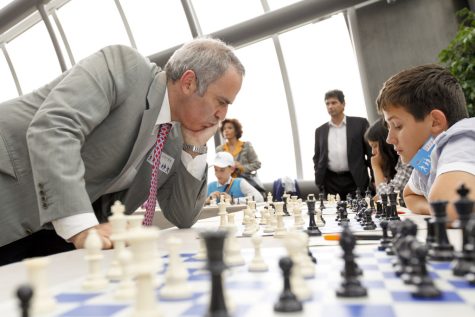
Last week, Russian chess Grandmaster, Garry Kasparov, spoke out against Putin’s decision to attack Ukraine. He tweeted a list of ways to figuratively checkmate Putin. By doing so, Kasparov put his career on the line. Former world champion and Olympic gold-medalist boxer Wladimir Klitschko was also vocal about the conflict occurring in his home country.
Contrary to popular belief, polls show that most Russians don’t support the invasion of Ukraine. Part of the reason why Putin decided to attack his neighboring country was that he wanted a spike in his approval ratings similar to what he received in 2014 after the Russian annexation of Crimea. This time around, the results seem to be different.
While most Russians seem to be genuinely against the prospect of war on a humanitarian level, many Russians are starting to feel the brunt of hyperinflation and a rapidly plummeting economy.
The U.S., European Union, United Kingdom, and Japan have already placed varying economic sanctions on Russia. These countries are isolating national banks and Russian billionaires because of their influence on the Russian economy. Britain has already targeted five national banks and the Americans are also imposing heavy sanctions. One of the most important sanctions includes Germany’s sanction on the Nord Stream 2 gas pipeline which would damage the German economy as much as it would the Russian.
Putin’s blatant disregard
Judging from the desperate situation in Russia, these sanctions are taking an enormous toll on the Russian economy. As of March 3, 2022, the ruble has reached its lowest level ever in comparison to the U.S. dollar. On February 28, 2022, one U.S. dollar was worth around 106 Russian rubles. Experts predict that this devaluation will continue if Putin doesn’t take immediate action.
Not only is the devaluation of currency and inflation taking a toll on businesses, but it’s also destroying the livelihoods of the Russian people who can no longer afford basic necessities like food and clothing.
Despite the obvious economic harms and the negative sentiment surrounding war, Putin hasn’t shown any signs of retreating. It can, however, be predicted that Putin doesn’t plan on leaving anytime soon, especially not while his military excursions are still successful.
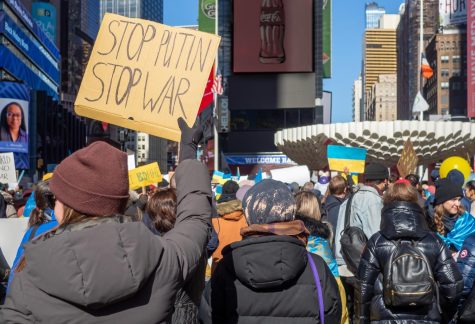
Putin doesn’t seem to care what his citizens have to say about war, and this has been proven multiple times this week as he’s detained and tortured thousands of Russian protestors, shot women and children on streets, and unleashed the police on those against the prospect of war.
It is to be said, however, that the Russian people haven’t been deterred by the brutality shown by the government, but have strengthened in unity against the Russian government and for their Ukrainian brothers and sisters.
Nevertheless, Putin has remained steadfast in his ideals and has gained the support of China and North Korea and the neutrality of India and Pakistan. He’s made gains in Ukraine and hasn’t been physically opposed by any other nation thus far.
The end of the American hegemony
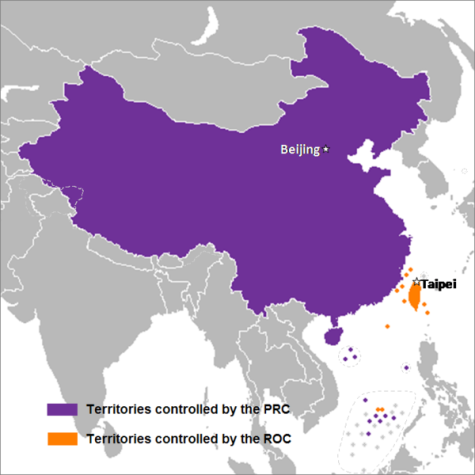
If the U.S. is unable to end this crisis, Ukraine’s humanitarian crisis will be the least of America’s worries.
China has already set its eyes on multiple countries in southeastern Asia and won’t hesitate to attack. The Chinese government is already confident their ability to face America head-on due to its superior, yet more cost-effective military.
America seems to be at the very end of its years as the global superpower. It is clear that this European conflict between two nations will bring forth a new era and a new hegemonic power.
All eyes are on the U.S. as it scrambles to keep its position on the throne.

